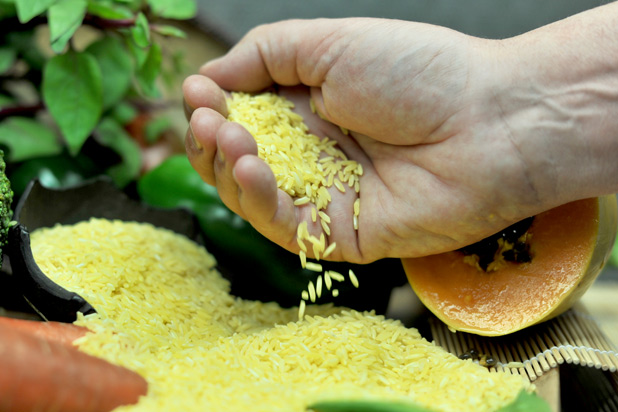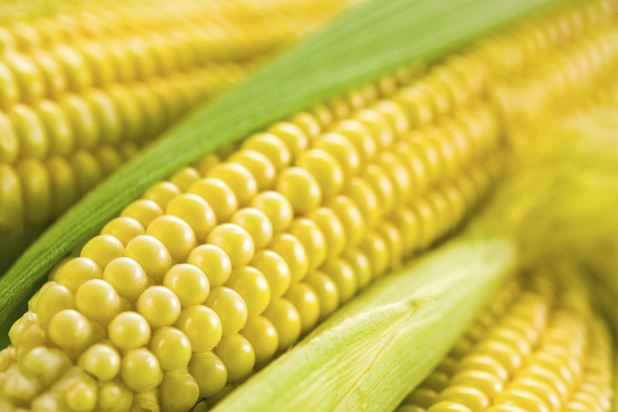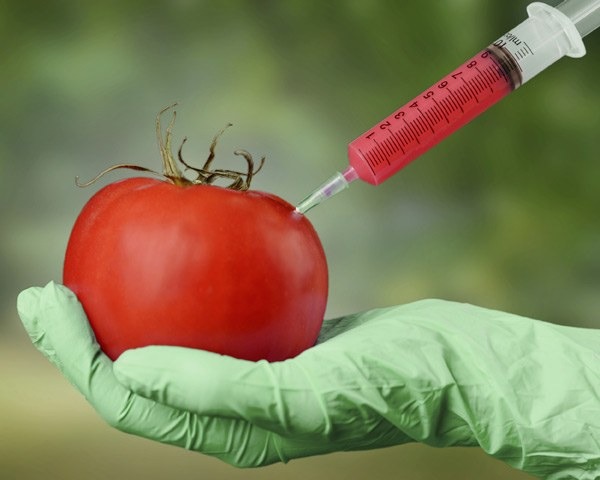Can These GMO Foods Save The World?
It would be somewhat of an understatement to say that genetically modified (GMO) foods have gotten a bit of a bad rap in recent years, on The Daily Meal, among other places. But from drought-resistant corn to virus-resistant squash, some can potentially have quite a positive impact on the world.
Can These GMO Foods Save the World? (Slideshow)
Genetically modified foods have worked their way into our lives pretty firmly by this point, largely due to companies like Monsanto, Aventis, and Syngenta. GM fruits and vegetables stay ripe longer, grow better in a wider range of conditions, and are more resistant to disease. Unfortunately, however, the primary beneficiaries of the positive benefits of these foods have been the companies that created them, not the people who may potentially need them the most. According to a 2008 article in Science, "No conclusive evidence was found that GM crops have so far offered solutions to the broader socioeconomic dilemmas faced by developing countries."
Anti-GMO sentiment and tight restrictions are a large part of the reason why these crops aren't making their way to poor nations, but another reason why they're not very helpful is the fact that cash crops like corn and wheat are the ones that are most commonly genetically modified, as opposed to the staple crops poor countries need, like cassava and sorghum. Those who develop GMO crops are looking to make a profit first, and if they happen to help out developing nations, that's a happy coincidence.
Not all GM foods are apples modified to be a brighter shade of red. Some really have the potential to feed millions of people in developing nations, and offer everything from resistance to disease and insects to a higher nutritive value. Read on to learn about 11 genetically modified foods that just might save the world.
Golden Rice

This breed of rice has been genetically engineered to synthesize beta-carotene, a precursor to vitamin A. Vitamin A deficiencies result in blindness, dwarfism, and death for hundreds of thousands of children every year, and replacing regular rice with golden rice can provide them with this vital nutrient.
Bt Soy, Corn, and Cotton

A soil bacterium called Bacillis thuringiensis (or Bt) produces a natural pesticide, and this gene is currently being injected into the DNA of many different types of crops, including corn, soy, and cotton, preventing the need for dangerous and expensive pesticides. The GE (genetically engineered) corn protects against earworm damage, which is one of the most costly crop pests in North America, and also lowers the level of mycotoxigenic fungi, which have been linked to cancer in humans.
Click here for 9 more GMO foods that do more good than harm.
